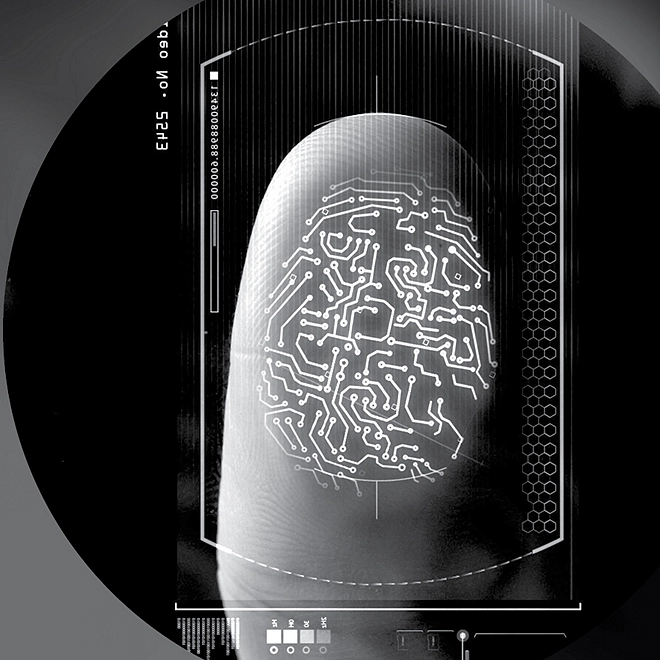Generative AI: A New Frontier in Artificial Intelligence
Generative AI can provide businesses with new opportunities to improve their products and services, automate repetitive tasks, and create new and innovative customer experiences.
The year 2022 was a watershed year for artificial intelligence (AI), with the release of several consumer-facing applications like ChatGPT, DALL.E, and Lensa. The common theme, the use of Generative AI—a paradigm shift in the world of AI. While current generations of AI use pattern detection or rule-following to help analyse data and make predictions, the advent of transformer architectures has unlocked a new field: Generative Artificial Intelligence.
Generative Artificial Intelligence (AI) is a type of AI that can generate original content (e.g., text, images, audio, code, voice, video, etc.) similar to the information it was trained on, elevating AI from enabler to (potentially) co-passenger. This is achieved through the use of pre-trained machine learning algorithms called foundation models that learn from massive datasets (such as OpenAI’s GPT-3 and NVIDIAs Megatron). While Generative AI can help enterprises automate content creation, personalise customer experiences, improve decision making, and bring new ways of working across all parts of an enterprise, we are only beginning to see how it could be commercialised and how to build sustainable business models.
However, Generative AI is in its infancy and not without risk. Some of the most important risks to address relate to privacy and security, managing bias, transparency and traceability of results, IP ownership, and equal access, especially for those at greater risk of job displacement. As such, participants should balance commercialization, regulation, ethics and co-creation as they consider using this capability.
